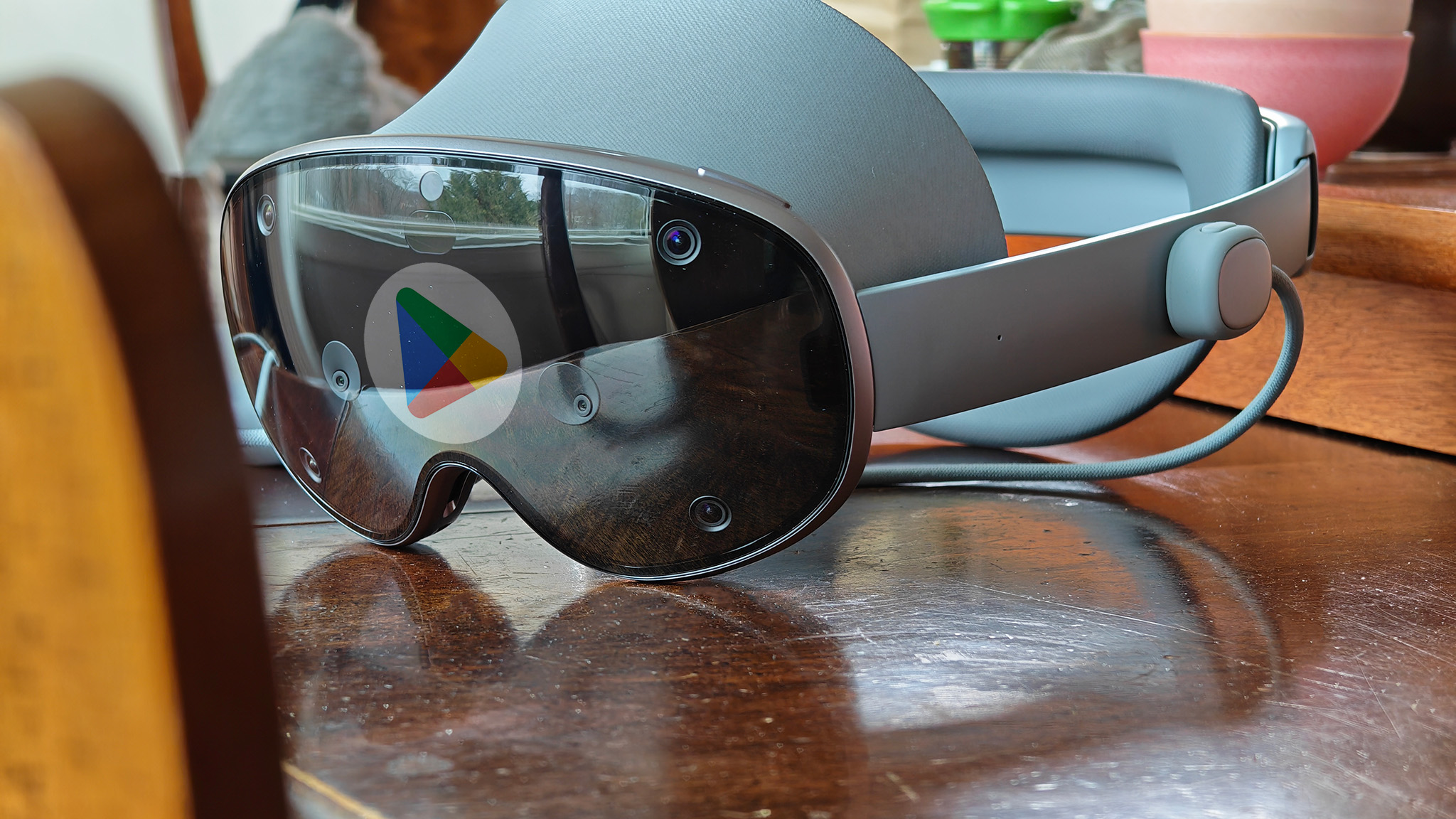What is a proxy server and how does it work?

Get the latest news from Android Central, your trusted companion in the world of Android
You are now subscribed
Your newsletter sign-up was successful
The Internet isn't the most private or secure place. In fact, there are eyes all around you: governments, internet service providers, corporations, cyber criminals and many other groups.
One of the best ways to improve your online privacy and security is by using proxy servers. You've probably used one of these before, whether it was in school or work. But what are they and how do they work, exactly? And why would you want to use one? In this article, we answer those questions.
What are proxy servers?
So, before we explain what a proxy actually is, let's provide some context first. Whenever you use the internet, your connected device (smartphone, tablet PC, computers, etc) functions as a "client" that requests information from a server (which could be used for a website, app or internet service).
In this scenario, the server interacts with your computer on a one-to-one basis. Consequently, your IP address is exposed to the websites you access online. And that's when privacy concerns can arise.
But this is where proxy servers can be really helpful. They essentially act as a middle-man, sitting in between the client and server. Whenever you make a request on the internet (such as an internet search), the proxy server will pass it on to the server. And when the server responds, the proxy will forward this to the client (which would be your device).
Because proxy servers tend to have their own IP address, only its information is seen by the server on the other end. During this process, the client computer making the request is basically out of the picture. Yay for privacy!
How are proxy servers different from VPNs?
If you've done your research into proxies, you may have heard of virtual private networks. While VPNs are pretty similar to proxy servers, they are, indeed, different. Firstly, proxies operate on an application-level while VPNs can work across an entire operating system. What's more, VPNs can be more secure than proxy servers as they encrypt internet traffic. Without encryption, third parties may be able to access your data when you use a proxy.
What are proxy servers useful for?
Proxy servers are useful for a number of things. Firstly, proxies will improve your privacy when using the internet. They're not only capable of hiding your IP address, which means that your browsing history will be anonymous, but proxies will also store all your internet traffic. So it's a lot harder for internet queries to be traced back to your device (the client).
Another major benefit of proxy servers is that they'll enable you to circumvent geo restrictions. So if there's a website, app or piece of content you want to access, but you learn that it's blocked in your country or region, you can solve this by using a proxy server located in a country where the blocked website or content is available.
On the whole, proxy servers are pretty smart. They make the internet a safer and more private place, while giving you access to more online content. But what's worth remembering is that proxies are often less powerful than VPNs, and that may sway your decision.
We test and review VPN services in the context of legal recreational uses. For example:
1. Accessing a service from another country (subject to the terms and conditions of that service).
2. Protecting your online security and strengthening your online privacy when abroad.
We do not support or condone the illegal or malicious use of VPN services. Consuming pirated content that is paid-for is neither endorsed nor approved by Future Publishing.
Get the latest news from Android Central, your trusted companion in the world of Android

